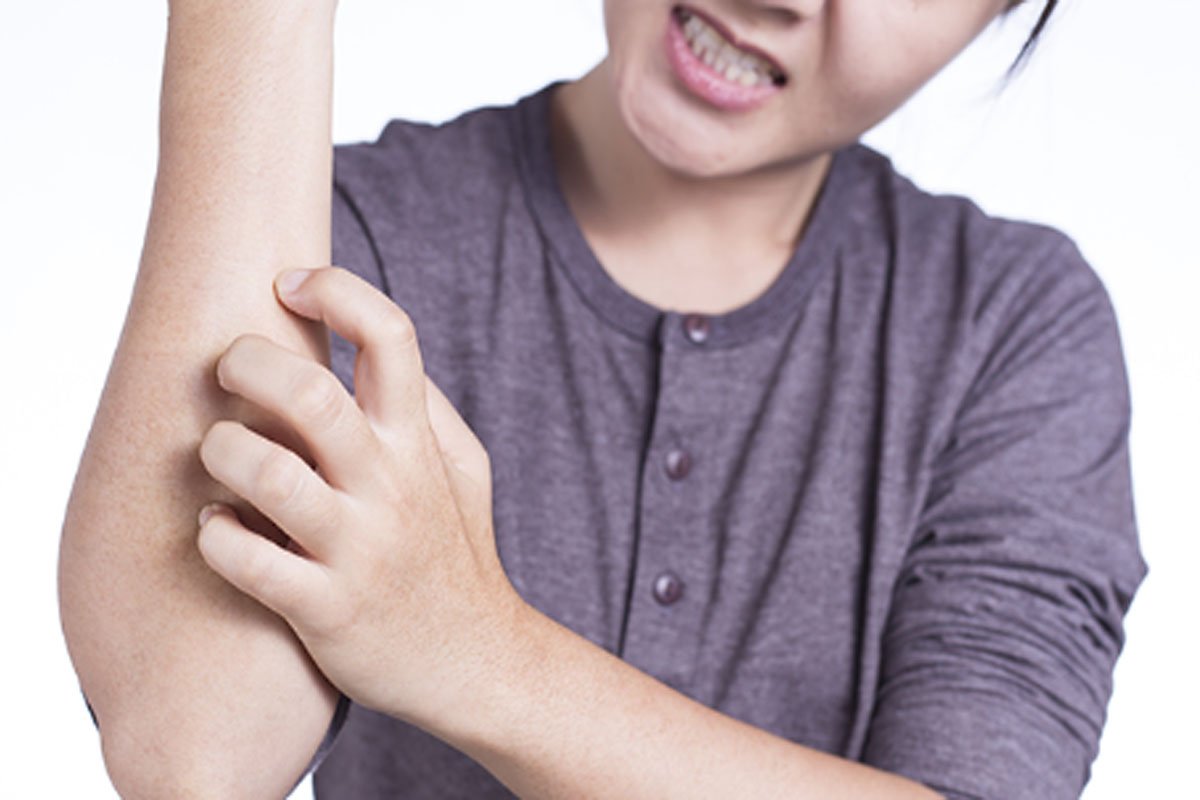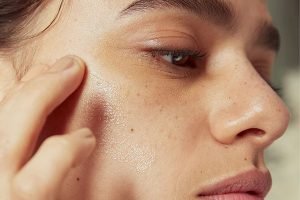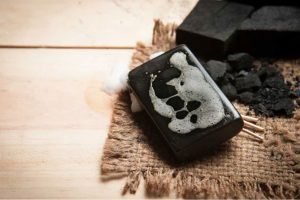Anxiety is known to cause a variety of physical symptoms, including itching. This phenomenon is often referred to as psychogenic or stress-induced itching. Here, we will explore how anxiety can lead to itching and the methods to treat it.
How Anxiety Causes Itching
1. Stress Response
When you experience anxiety, your body activates its stress response, releasing hormones such as cortisol and adrenaline. These hormones can lead to physical changes in the body, including skin reactions.
2. Nervous System Stimulation
Anxiety stimulates the nervous system, which can result in sensations such as itching. This is because the nerve fibers that carry itch signals to the brain can become overactive.
3. Histamine Release
Stress and anxiety can lead to the release of histamine, a compound involved in allergic reactions. Elevated histamine levels can cause itching and other skin reactions.
4. Skin Sensitivity
Anxiety can make you more aware of physical sensations, including itching. This heightened awareness can exacerbate the feeling of itchiness.
Symptoms of Anxiety-Induced Itching
- Persistent or intermittent itching
- Redness or rash
- No identifiable external cause (like allergies or irritants)
- Itching that worsens with increased anxiety or stress
Treating Anxiety-Induced Itching
1. Managing Anxiety
Therapy and Counseling
- Cognitive Behavioral Therapy (CBT): This type of therapy helps identify and change negative thought patterns that contribute to anxiety.
- Mindfulness-Based Stress Reduction (MBSR): Techniques like meditation and mindfulness can reduce anxiety levels.
Medication
- Antidepressants: Medications such as SSRIs or SNRIs can help manage anxiety symptoms.
- Anti-Anxiety Medications: Benzodiazepines or buspirone may be prescribed for short-term relief.
2. Lifestyle Changes
Regular Exercise
- Exercise reduces stress hormones and increases endorphins, which can alleviate anxiety and associated itching.
Healthy Diet
- A balanced diet rich in omega-3 fatty acids, antioxidants, and vitamins can improve overall skin health and reduce inflammation.
Sleep Hygiene
- Ensuring adequate and quality sleep can help manage anxiety levels and reduce physical symptoms.
3. Topical Treatments
Moisturizers
- Use fragrance-free and hypoallergenic moisturizers to soothe the skin and reduce itching.
Anti-Itch Creams
- Over-the-counter creams containing ingredients like hydrocortisone, calamine, or menthol can provide temporary relief from itching.
4. Natural Remedies
Oatmeal Baths
- Colloidal oatmeal baths can soothe irritated skin and reduce itching.
Aloe Vera
- Aloe vera gel has soothing and anti-inflammatory properties that can help relieve itching.
Cool Compresses
- Applying cool compresses to the affected areas can reduce itching and provide comfort.
5. Behavioral Techniques
Distraction
- Engaging in activities that occupy your mind, such as hobbies, reading, or socializing, can help take your focus away from the itching.
Mindfulness and Relaxation
- Techniques such as deep breathing exercises, progressive muscle relaxation, and guided imagery can help calm the mind and reduce anxiety-related itching.
When to Seek Medical Help
If anxiety-induced itching is persistent and affects your quality of life, it is important to consult a healthcare professional. They can help determine the underlying cause and recommend appropriate treatments. Additionally, if you develop signs of infection or if over-the-counter treatments do not alleviate the symptoms, seeking medical advice is crucial.
Conclusion
Anxiety can indeed cause itching due to various physiological and psychological mechanisms. Managing anxiety through therapy, medication, lifestyle changes, and topical treatments can help alleviate the itching. Employing a combination of these methods can provide relief and improve overall well-being. If symptoms persist, consulting a healthcare provider is essential for proper diagnosis and treatment.



